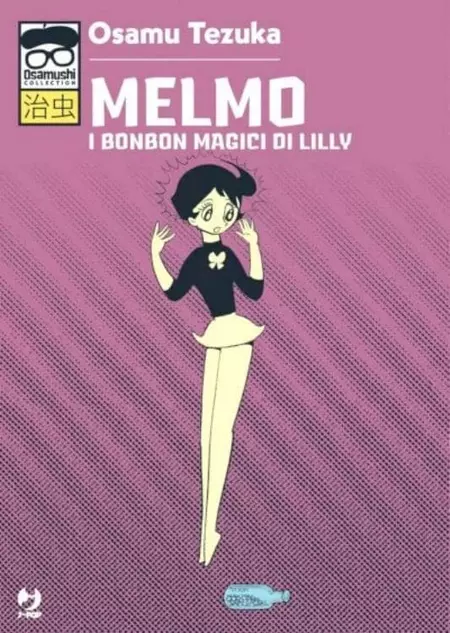Marvelous Melmo (1971)
Marvelous Melmo (1971)
Details.
Release DateOctober 3, 1971
StatusEnded
Seasons1
Episodes26
Genres
Last updated:
This TV Show Is About.
Scripted
You May Also Like.
Look at the other titles that might be interesting for you
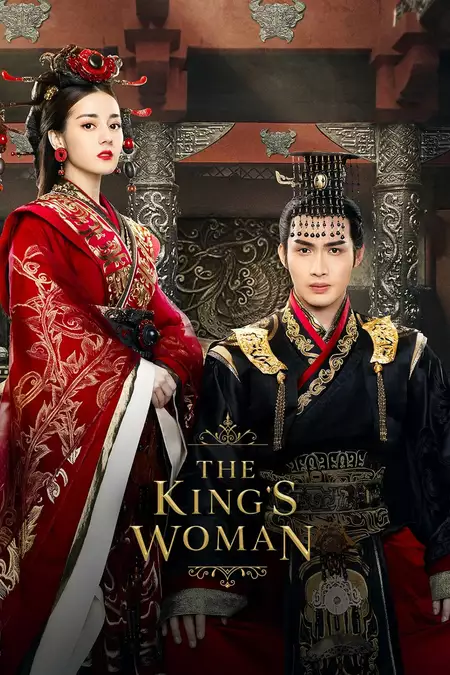
The King's Woman (2017)
TV
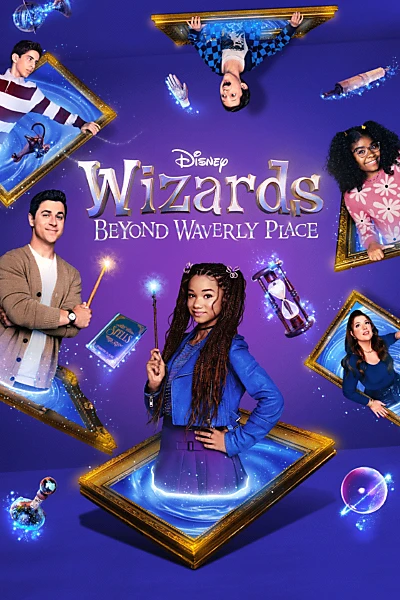
Wizards Beyond Waverly Place (2024)
TV
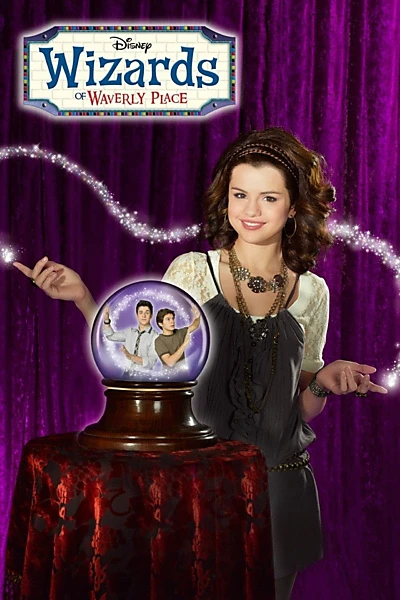
Wizards of Waverly Place (2007)
TV
7.67

Διάφανη Αγάπη (2024)
TV
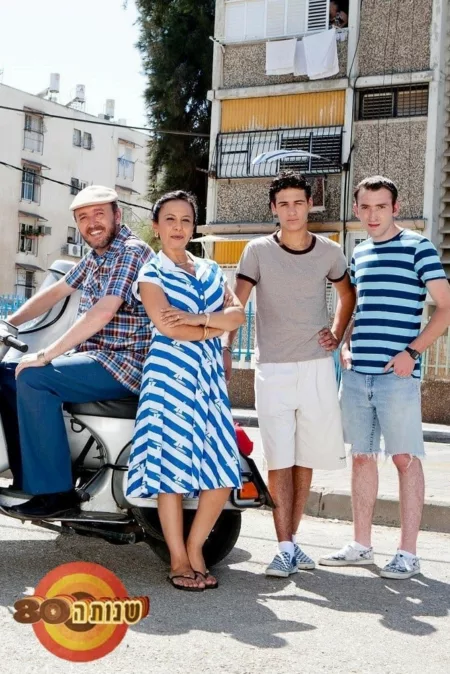
Shnot HaShmonim (2013)
TV
6.71

AIKa ZERO (2009)
TV
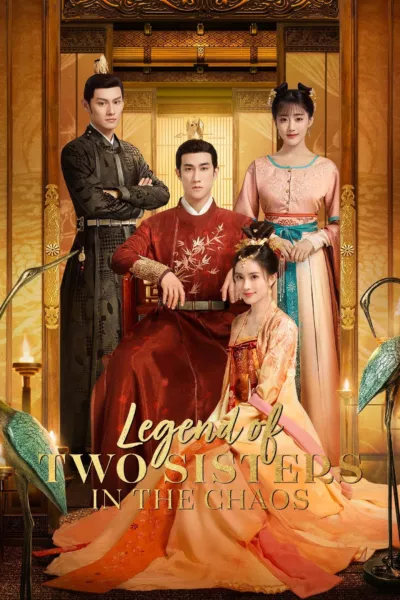
Legend of Two Sisters In the Chaos (2020)
TV
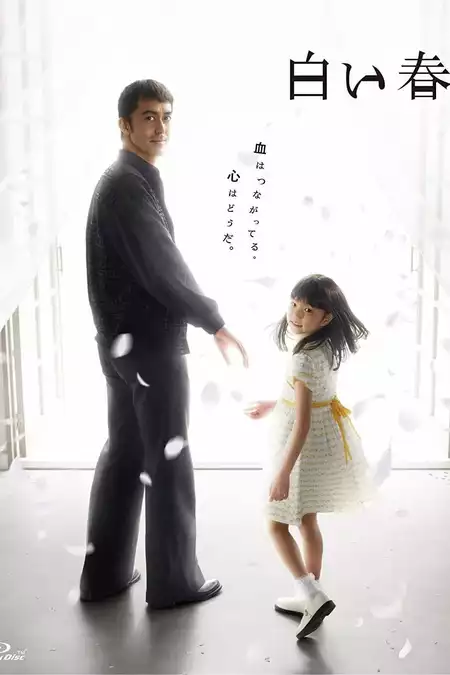
White Spring (2009)
TV
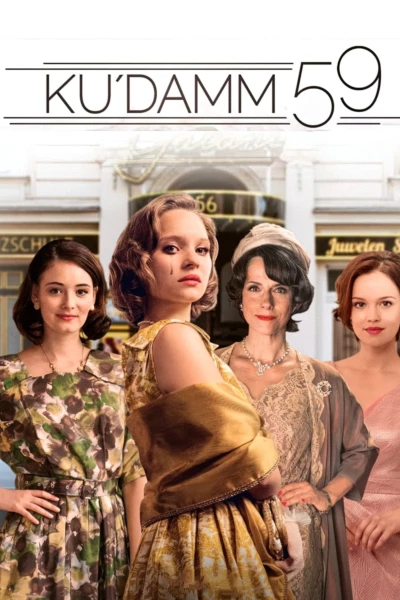
Ku'damm 59 (2018)
TV
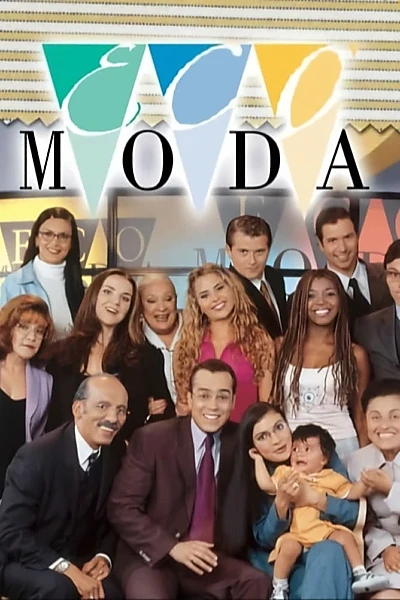
Ecomoda (2001)
TV

Дружина (2015)
TV

Chicago Tours with Geoffrey Baer (2001)
TV

Cheesecake (2019)
TV
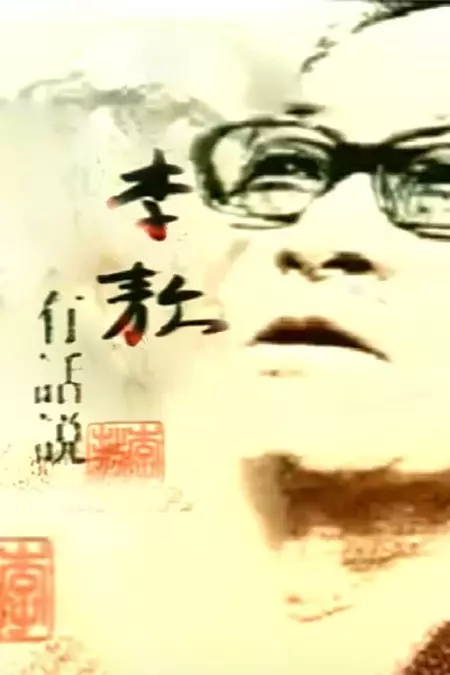
李敖有话说 (2004)
TV

Blankety Blank (1979)
TV

Siesta Key (2017)
TV
7

Preso No. 1 (2019)
TV

Below Deck Mediterranean (2016)
TV

Catfish Brasil (2016)
TV

I Am Georgina (2022)
TV
1

